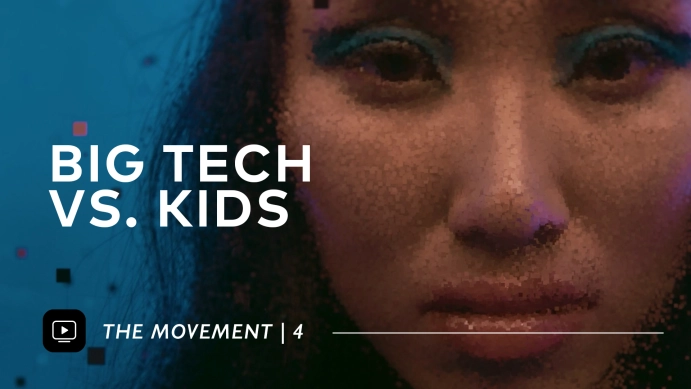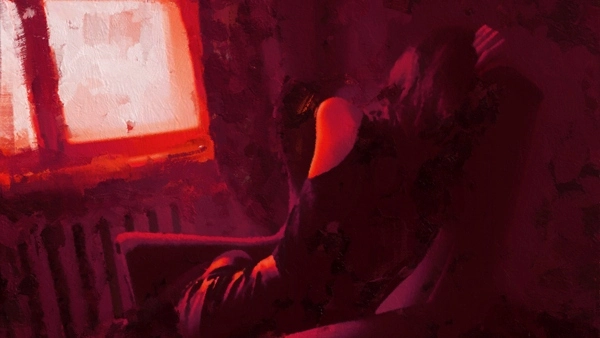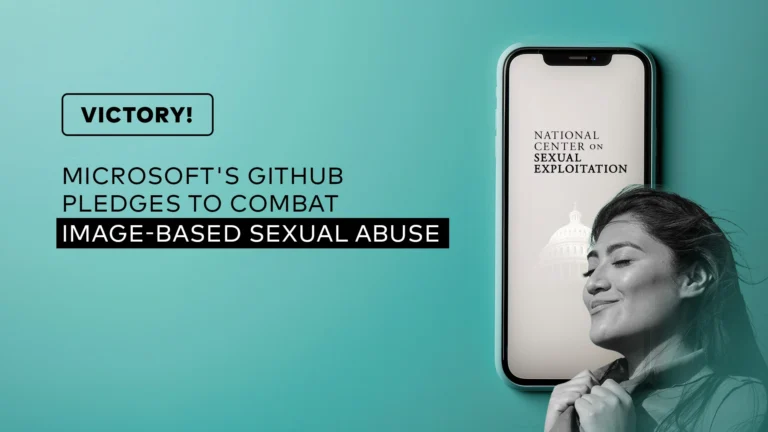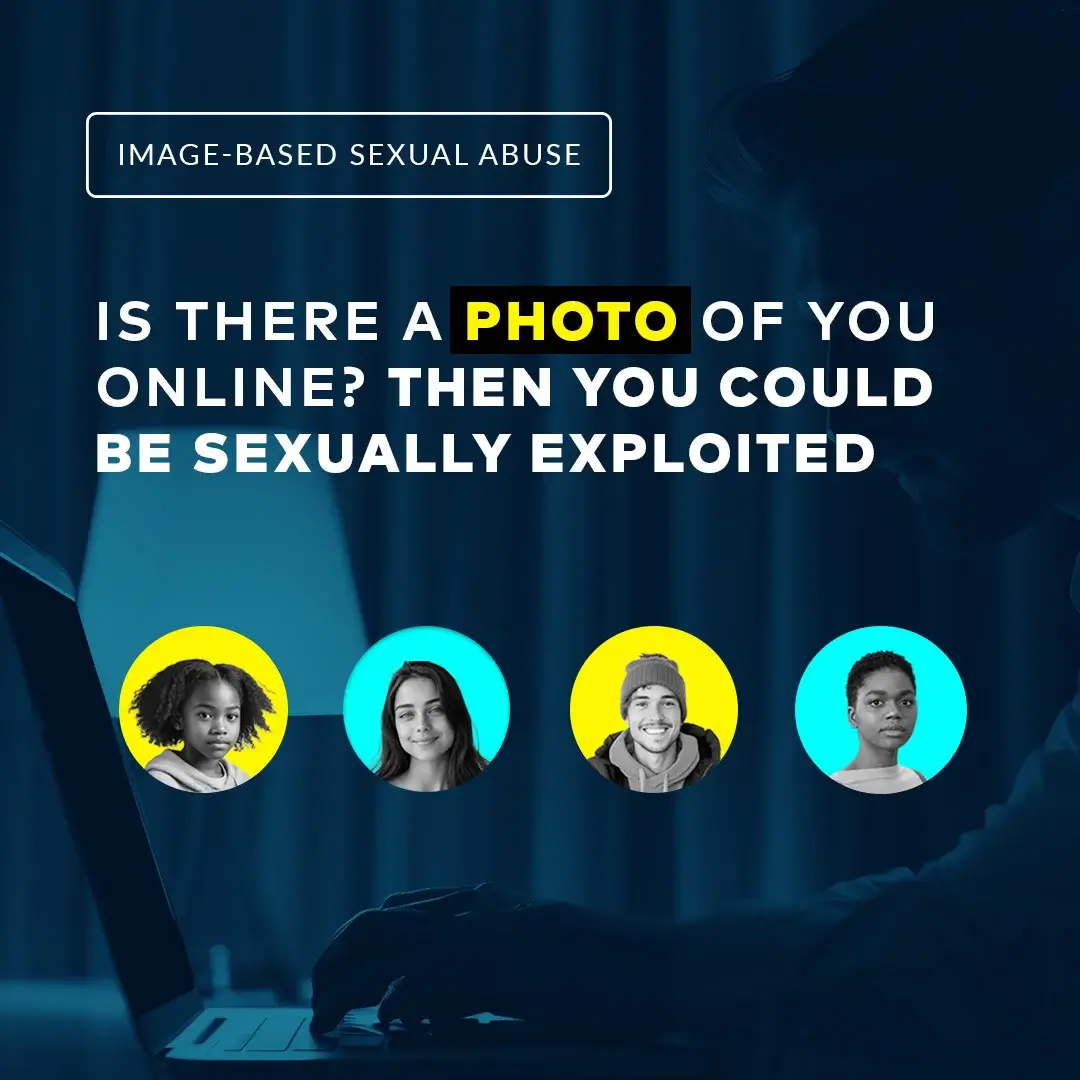Jane Doe #1 was held in debt bondage at a legal brothel in Nevada. While under the control of two different pimps, she was required to obtain a Sheriff’s work card to start prostituting at the “Chicken Ranch.” The sheriff’s office did not ask for a government ID, attempt to verify her age or consent, or attempt to determine if she was under the control of a pimp/sex trafficker.
The brothel took 50% of what Jane Doe #1 earned, and charged her for room and board, transportation, and monthly medical exams. The rest of Jane Doe’s money went to her two pimps/traffickers. She was not permitted to leave if she owed the brothel money. Now, she suffers from PTSD.
Jane Doe #1 is one of three survivor plaintiffs in NCOSE’s first ever petition for certiorari to the Supreme Court (i.e. asking the Supreme Court to review the decision of a lower court). Although each plaintiff’s experience was different, they collectively attribute their exploitation to Nevada’s system of legalized prostitution.
The NCOSE Law Center and co-counsel Jason Guinasso represented these three women as they sued the Nevada brothel, escort agency, and strip clubs that sex trafficked them, along with the government entities that enabled, incentivized, and profited from their exploitation.
Nevada government entities require persons in the sex trade to be controlled by a licensed business (i.e., a pimp), permit them to be subjected to debt bondage in legal brothels and strip clubs, and profit from the sex trafficking that results through licensing fees and taxes—including a state tax on escort agencies and strip clubs.
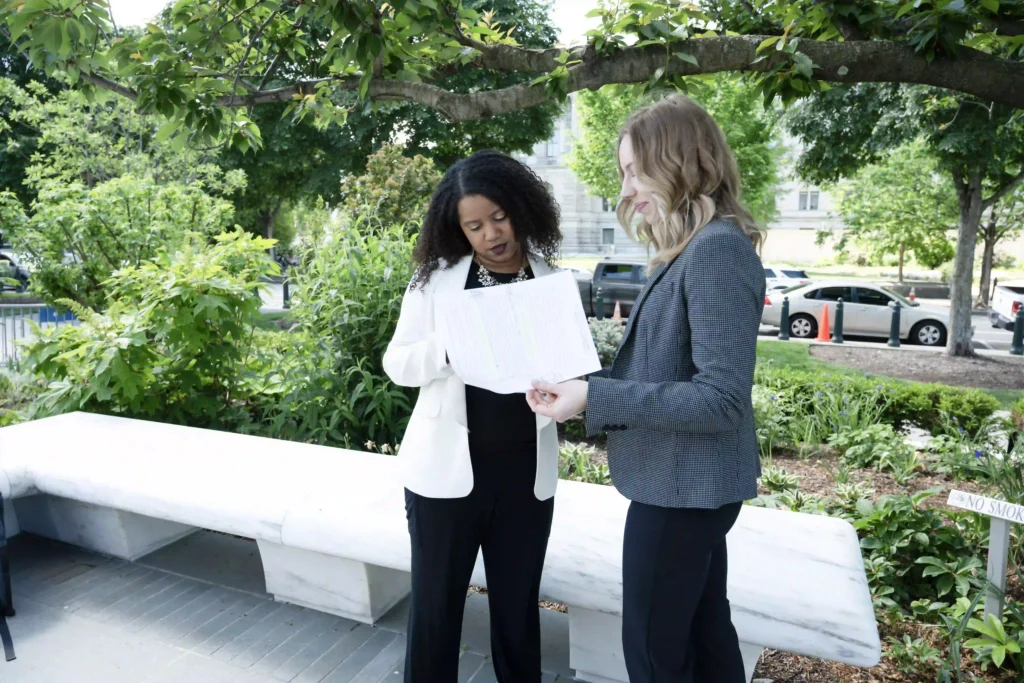
NCOSE’s First Petition for Certiorari to the Supreme Court: What Does It Mean?
A petition for a writ of certiorari asks the US Supreme Court to review the decision of a lower court. In this case, the survivor-plaintiffs, the NCOSE Law Center, and co-counsel Jason Guinasso are asking the Supreme Court to review the disappointing Ninth Circuit ruling below.
The Ninth Circuit affirmed the district court’s dismissal of the government entities from the case, ruling that any direct trafficker’s involvement in the exploitation broke the causal chain between the state and the survivors. This ruling effectively makes it impossible to ever sue indirect facilitators or beneficiaries of sex trafficking—in adult sex trafficking cases, there will always be a direct trafficker present. Our petition argues that this frustrates Congress’ intent in the Trafficking Victims Protection Act (TVPA), as it undermines the very concept of beneficiary liability—which is meant to include enablers, not just direct perpetrators.
According to 18 U.S. Code § 1595(a), “An individual who is a victim of a violation of this chapter may bring civil action against the perpetrator (or whoever knowingly benefits, or attempts or conspires to benefit, financially or by receiving anything of value from participation in a venture which that person knew or should have known has engaged in an act in violation of this chapter) in an appropriate district court of the United States and may recover damages and reasonable attorney’s fees.”
The plaintiffs and the NCOSE Law Center argue that the Ninth Circuit’s blocking Nevada from even the possibility of accountability contradicts a federal statutory right, created by Congress to vindicate a constitutional right, for victims of sex trafficking. The Ninth Circuit’s ruling would make profiting from sex trafficking almost non-actionable, and it would nullify beneficiary liability that is explicitly mentioned in 18 U.S. Code § 1595(a).
Beneficiary liability is being used nationwide in litigation against corporations. Why shouldn’t the same rules apply to our government officials?
The filing of this certiorari petition is a major step forward in legal efforts to hold government officials and other indirect facilitators and beneficiaries of sex trafficking accountable. The decisions of the lower courts are dangerous because they provided protection for the legal systems that have enabled sex trafficking and slavery, and send exactly the wrong message to those who are particularly charged with preventing these human rights abuses.
ACTION: Donate to the NCOSE Law Center
As all our survivor clients remain free of charge, your support is a big part of what makes lawsuits like these possible. Please consider a donation today, to help the NCOSE Law Center continue fighting for justice for survivors like the three women represented in this case!

